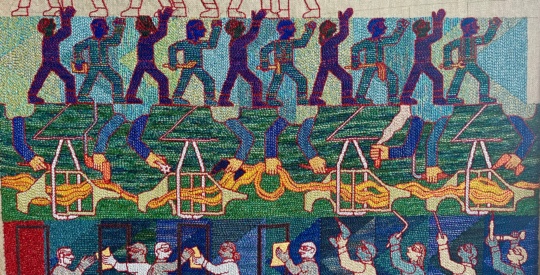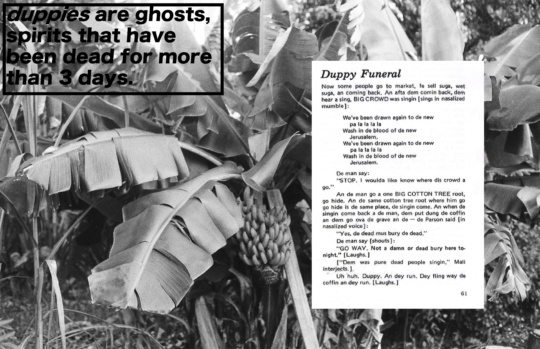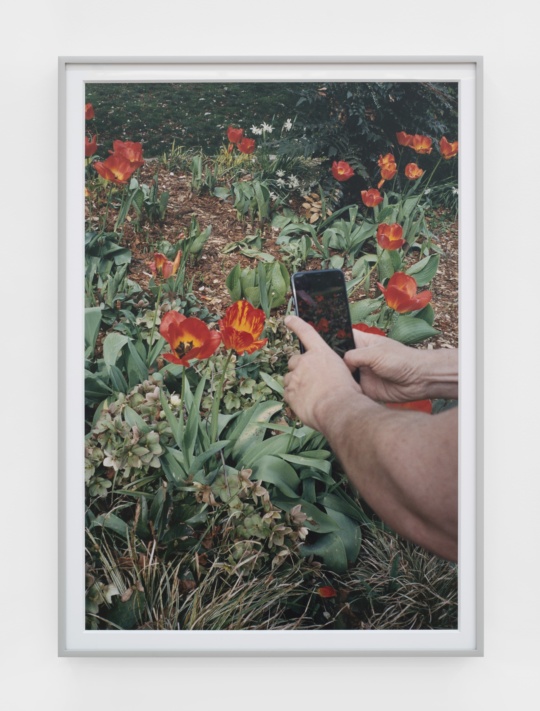
Here in the most moral society there is, space is truly immoral. Here in the most conformist society, the dimensions are immoral. It is this immorality that makes distance light and the journey infinite, that cleanses the muscles of their tiredness.
ADVERTISEMENT— Jean Baudrillard, America
This story appropriately begins with a drive north in our rental truck one Sunday last month, as we headed away from the city on I-85N to I-285W, then north on Peachtree Industrial Boulevard into the vastest of suburbia—Duluth, Georgia. Bobby and I were on our way to see an art show in what turned out to be one of the smallest and most subterranean-feeling spaces for exhibiting art I have ever seen. We were on our way to Good Enough, the artist-run space operated by Steffen Sornpao and Jordan Spurlin, which is located (for now) in a small storage closet under a first-floor staircase inside Steffen’s parents’ house, nestled in a quiet but grandly-conceived Duluth subdivision filled with brick houses and green lawns.
The first time I came to America, it was 1996, and I had never travelled very far outside of Korea before. The taxi driver I met at the airport used the same highway route to take me to—well, guess where? Duluth. It was late at night, perhaps close to midnight. Oh, the highway! And the Grady Curve! Back then I had no idea what it was called, but I was mesmerized by the curving roadway, transported under the red and yellow lights as cars raced with synchronized sound and movement through the interstate underpass. The noise was as sonorous as the lights dizzying. Even today, I feel a little ashamed when I casually joke about the American Dream because—to be honest with you—that impression of I-85N on my first night in Atlanta was the America I had expected and come to, the America I identified with myself. In its vastness, America stood for that endless road propelling you forward toward the mirage of happiness and plenitude and self-actualization.
How does this all tie into the show at Good Enough? Patience. Speed obscures what’s memorable in a trip.

4315 Dove Point, the gallery’s address, offers plenty of curbside parking around a cul-de-sac, that most desired suburban real estate location. As we entered Steffen’s parents’ house, we faced a staircase. Just past and to the right of the staircase, we arrived at the entrance to the space where Alex Ito’s God Has No Finger Nails is installed. There is a door—a regular-height, normal door—then inside, at the back of the small closet, another smaller door, half-sized like the portal to a crawlspace. (Imagine an extra storage space within the storage space.) This area opens up as the viewer kneels down and crawls in headfirst. Ito’s installation presents a carefully arranged tableau featuring three custom-made step ladders—only a few feet tall—standing on an orange carpeted floor. They are propped against a sterile white wall that is only a few inches taller than the top of the step ladders, giving way to studs, exposed wires, and the angled, wooden underside of the stairs above. On the fronts of two of the step ladders, taxidermically-frozen mice are climbing—having made fairly good progress—and a similarly immobilized mouse is dangling from the backside of the third ladder. A fourth mouse on the carpet, trapped under a drinking glass, covers both eyes with its hands, as if unable to bear the sight of its companions attempting their tasks.

It was like being led into the wonderful and strange world of Jan Svankmajer’s 1988 film Alice, with a series of small doors opening to the world of miniature props and taxidermically-preserved small animals. Yet instead of throwing the viewer into a whirlwind of dreams and fantasies, Ito quietly brings her into a miniature that mirrors our own world, replete with the fear and anxiety that most of us pretend to ignore and try to forget. In a review of the artists’s solo show You Promised Catastrophe at Zeller van Almsick in Vienna earlier this year, curator Marlies Wirth wrote that Ito “calls into question a crisis of progress where narratives of futurity and hope disguise practices of exclusion and erasure.” [1] Even had the mice reached the top of their little world, they would face another challenge, the studs and exposed wires under the stairs. They have literally nowhere to go. They are surrounded by multiple layers of relative emptiness and non-signification: the suburban house; the anonymous, perfectly-manicured lawns; the confusing welter of subdivision streets requiring a GPS to navigate; the blandly similar corner gas stations, strip malls, and chain fast food restaurants. And will the one still trapped under a drinking glass stop crying, tip over the glass, and follow the others, too? Who is to stop that mouse from climbing to the top, looking for the better later-than-now? Who is to say, “Better stay here, there isn’t much out there anyway?” We can’t have desire and be stationary at the same time; morality is reserved for the end, and oh, please don’t tell me I am there already—’til then I will see the road keep going, never ending. I will imagine the distance. As Alex Ito writes in the brief narrative accompanying the show, “I am untethered yet I am not free.”
As we left Good Enough, Bobby and I discussed how the drive wasn’t too bad without the usual traffic and marveled at how smoothly the rental truck, with its 5.7 liter Hemi engine, drove. Perhaps the idea of going somewhere, the belief in progression, is as old as god, who, by now, must have no fingernails left.
Alex Ito’s God Has No Fingernails is on view at Good Enough in Duluth, Georgia, through June 30.
[1] Marlies Wirth, Alex Ito: You Promised Catastrophe at Zeller Van Almsick, Vienna, Austria; O FLUXO, January 2019.




